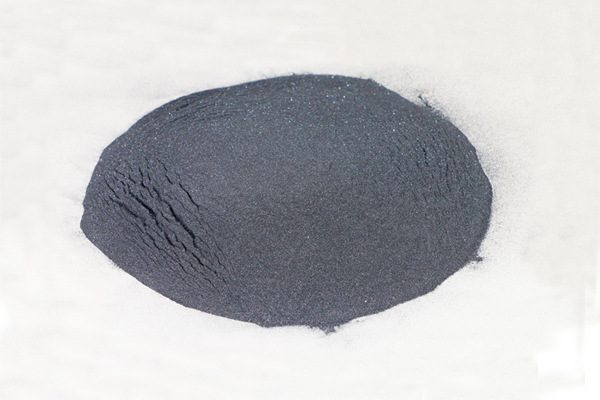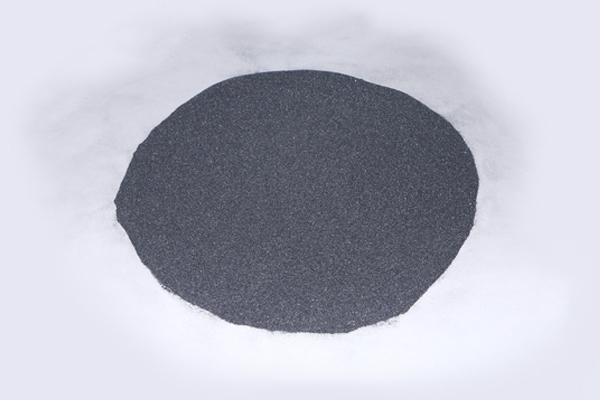Hotline
+86-15286985260

Metal silicon powder is an important raw material often used in refractory manufacturing.
It has unique characteristics that enable it to provide critical functions and performance for refractory materials. In this article, we will explore the key role of metallic silica powder in refractories and explain its importance in the material manufacturing process.
First of all, metallic silicon powder plays a role in strengthening the strength and hardness of the material in the refractory. Due to its fine particle size and high specific surface area, metallic silica powder can fill and strengthen the internal structure of refractory materials. This reinforcement allows the refractory to withstand higher temperatures and pressures, thus extending the service life of the material.
Metallic silicon powder can also provide thermal conductivity of refractory materials.
Metallic silicon powder has good thermal conductivity and can quickly conduct heat to the entire material. This thermal conductivity allows the refractory to disperse and diffuse heat effectively, thereby protecting the interior of the material from overheating. This is particularly important for refractory materials in some high-temperature working environments.

In addition, metallic silicon powder can also improve the chemical stability of refractory materials. Metal silicon powder is not easy to chemically react at high temperatures, which can maintain the stability of refractory materials and prevent adverse reactions with the surrounding environment. This chemical stability can effectively extend the service life of refractories and improve their reliability in various industrial applications.
Metallic silica powder plays a crucial role in refractories.
It can enhance the strength and hardness of the material, provide thermal conductivity, and enhance the chemical stability of the material. In the refractory manufacturing process, the rational use of metal silicon powder can improve the performance and reliability of the material to meet the needs of different industrial fields.